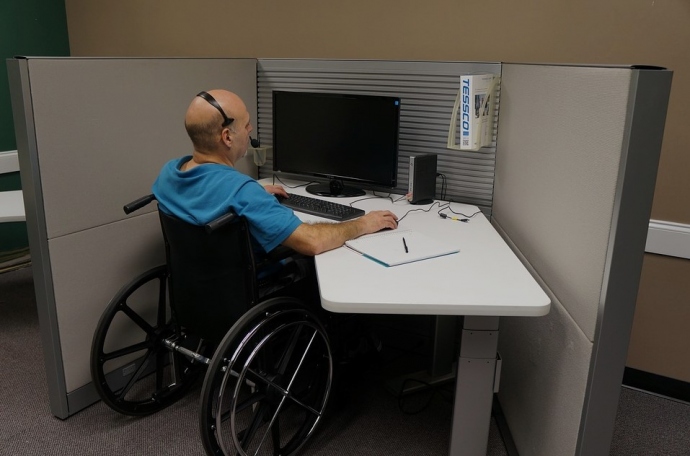
It’s always great to hire veterans. If you have veterans on your staff, though, you might want to look for specific ways to support their transition into the civilian sector. Below are four ways you can support your ex-military employees in the workforce.
Accommodate for physical and emotional trauma
One of the best places to start is with basic humanity. Get to know the veterans who work for you and try to learn what’s realistic to expect from them. If they’re dealing with physical issues, be understanding. If they have emotional trauma, give them the space they need. This doesn’t mean expecting less, but rather giving your employees the understanding they need to succeed. It can be harder for some to adjust to a new work environment than others, and with patience, these people often become the best employees.
Help them find resources for higher education
Many veterans come out of the service with a desire to get an education, but they don’t all know how to do so. Make sure that you do a little research into the process so that you can put together a guide for your employees so they know about getting certification for veteran benefits and how to apply for financial aid. If your business has any kind of scholarship or tuition programs, make sure that you inform them that they are eligible for those as well. Sometimes the best way to help is just hooking your employees up with the right kind of information.
Encourage filing for military tax benefits
It’s also a good idea to help your employees understand that they may have tax benefits for which they can file. Putting together a brief section of your orientation paperwork to explain veterans’ tax benefits is a great way to help out, especially since it allows your employees to adjust their filings in a way that makes sense of their needs. While not every veteran may qualify for every benefit, it’s a great idea to lay them out when tax time rolls around.
Lobby for veteran benefits and care
Finally, you can take a step to help out all veterans by using your voice as a business leader to lobby for veteran benefits and care. It’s good to talk to your local representatives about ways that you can all make a difference on this topic, and don’t forget to support candidates that would support your employees. Let your employees know that you’re all on the same team by fighting for them where it counts.
The thing that most veterans need is support. Give them the information they need to help themselves and the space they need to adapt. If you can provide a good support system, you’ll be rewarded with amazing employees.

